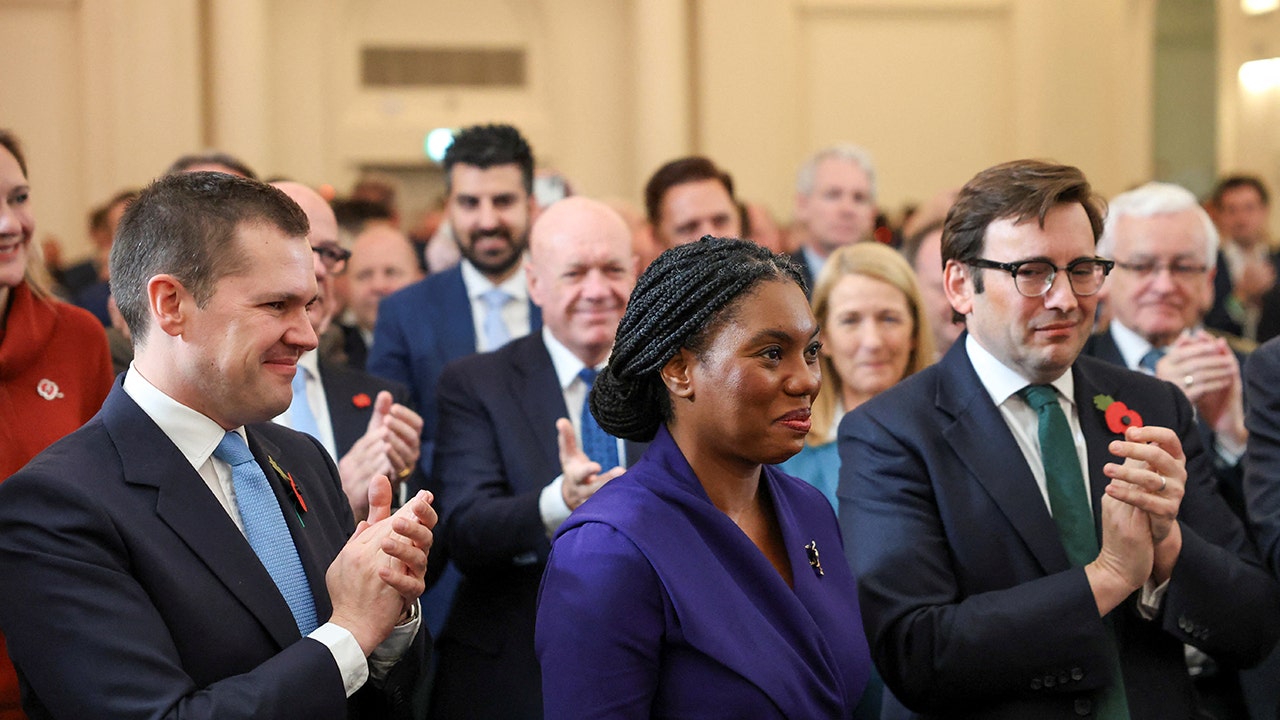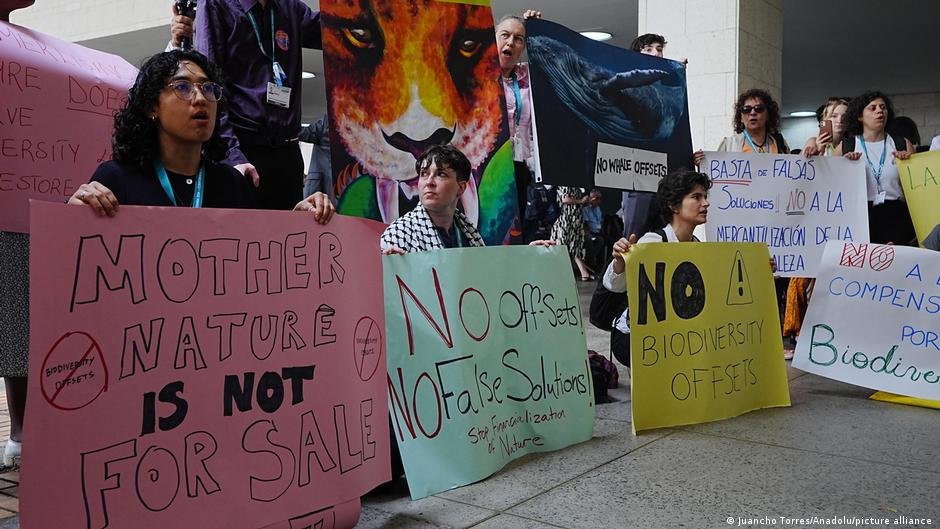The Canadian government has ordered the closure of TikTok’s offices in Vancouver and Toronto. This decision stems from specific national security risks associated with the popular social media platform.
The move, announced by Innovation Minister François-Philippe Champagne, reflects growing global unease about TikTok’s data practices.
TikTok, owned by Chinese company ByteDance, has faced increasing scrutiny worldwide. Many countries worry about potential links between ByteDance and the Chinese government.
These concerns center on the possibility of user data being accessed or misused by Chinese authorities. Despite the office closures, Canadian citizens can still use TikTok.
The government’s action targets only the company’s corporate operations in Canada. This approach aims to address security concerns without infringing on individual freedoms.
 Canada Shuts Down TikTok Offices, Citing National Security Concerns. (Photo Internet reproduction)
Canada Shuts Down TikTok Offices, Citing National Security Concerns. (Photo Internet reproduction)Canada’s decision aligns with similar measures taken by other Western nations. The United States, United Kingdom, New Zealand, and Australia have already banned TikTok on government devices.
TikTok’s Global Security Challenges
These countries share apprehensions about the app’s data collection and potential security risks. The Canadian government based its decision on a thorough security review.
This process involved input from Canada’s intelligence community and other government partners. The collected information and evidence pointed to specific security risks that prompted the closure order.
TikTok faces an even more significant challenge in the United States. A new law gives ByteDance until January 19 to sell its stake in the platform. If ByteDance fails to comply, TikTok could face a total ban in the U.S.
This situation highlights the complex relationship between technology, national security, and international relations. Governments worldwide grapple with balancing innovation, user privacy, and potential security threats.
The TikTok controversy exemplifies the challenges of regulating global tech companies in a digital age. As social media platforms continue to shape global communication, their impact on national security becomes increasingly relevant.
The Canadian government’s action against TikTok may influence future policies and regulations in the tech industry. It also raises questions about the role of government in overseeing digital platforms.
The TikTok issue underscores the need for clear international standards on data privacy and security. As technology evolves, countries must adapt their policies to address new challenges.
In short, the balance between national security and personal freedom remains a critical concern in these discussions.

 By The Rio Times | Created at 2024-11-07 18:24:47 | Updated at 2024-11-07 20:54:46
2 hours ago
By The Rio Times | Created at 2024-11-07 18:24:47 | Updated at 2024-11-07 20:54:46
2 hours ago




/cdn.vox-cdn.com/uploads/chorus_asset/file/25709978/Credit__Luis_Yan_ez___ED_DSC00150.jpg)



